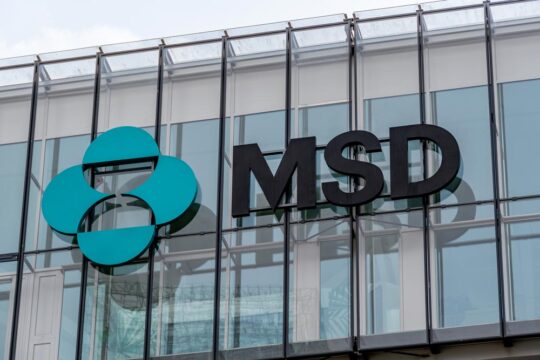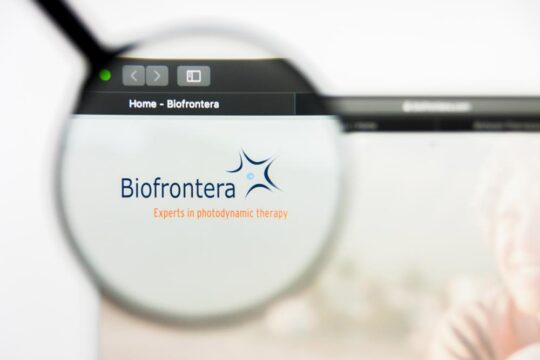Advertisment
Tricida provides update on FDA interactions regarding an appeal denied letter relating to veverimer and metabolic acidosis

Tricida, Inc. provided an update on its FDA interactions. Tricida has received an Appeal Denied Letter (ADL), from the Office of New Drugs (OND) of the FDA in response to its Formal Dispute Resolution Request (FDRR) submitted in December 2020.
While the FDRR was focused on whether the magnitude and durability of serum bicarbonate change seen in the TRCA-301/TRCA-301E trial is reasonably likely to predict clinical benefit in the treatment of metabolic acidosis in patients with CKD, the OND’s decision additionally addressed other deficiencies identified in the Complete Response Letter (CRL), which Tricida received in August 2020. The additional issues addressed included the reliability of the data from the TRCA-301/TRCA-301E trial due to the disproportionate impact of data from a single high-enrolling clinical site on the trial’s results and the applicability of the trial results to the U.S. patient population given that the majority of the subjects in the study were enrolled in sites outside of the United States or were in regions that the FDA does not consider “U.S.-like,” such as Eastern Europe.
In the ADL, the OND acknowledged that the TRCA-301/TRCA-301E trial met its serum bicarbonate endpoints with statistical significance but concluded that the extent of serum bicarbonate increase observed in the TRCA-301/TRCA-301E trial is not reasonably likely to provide a discernible reduction in CKD progression. The OND also concluded that the confirmatory trial, VALOR-CKD, is underpowered to detect the effect size (13%) predicted by the original Tangri model (also known as the Predictive MA Model) based upon the placebo-subtracted mean treatment effect observed in the TRCA-301/TRCA-301E trial.





